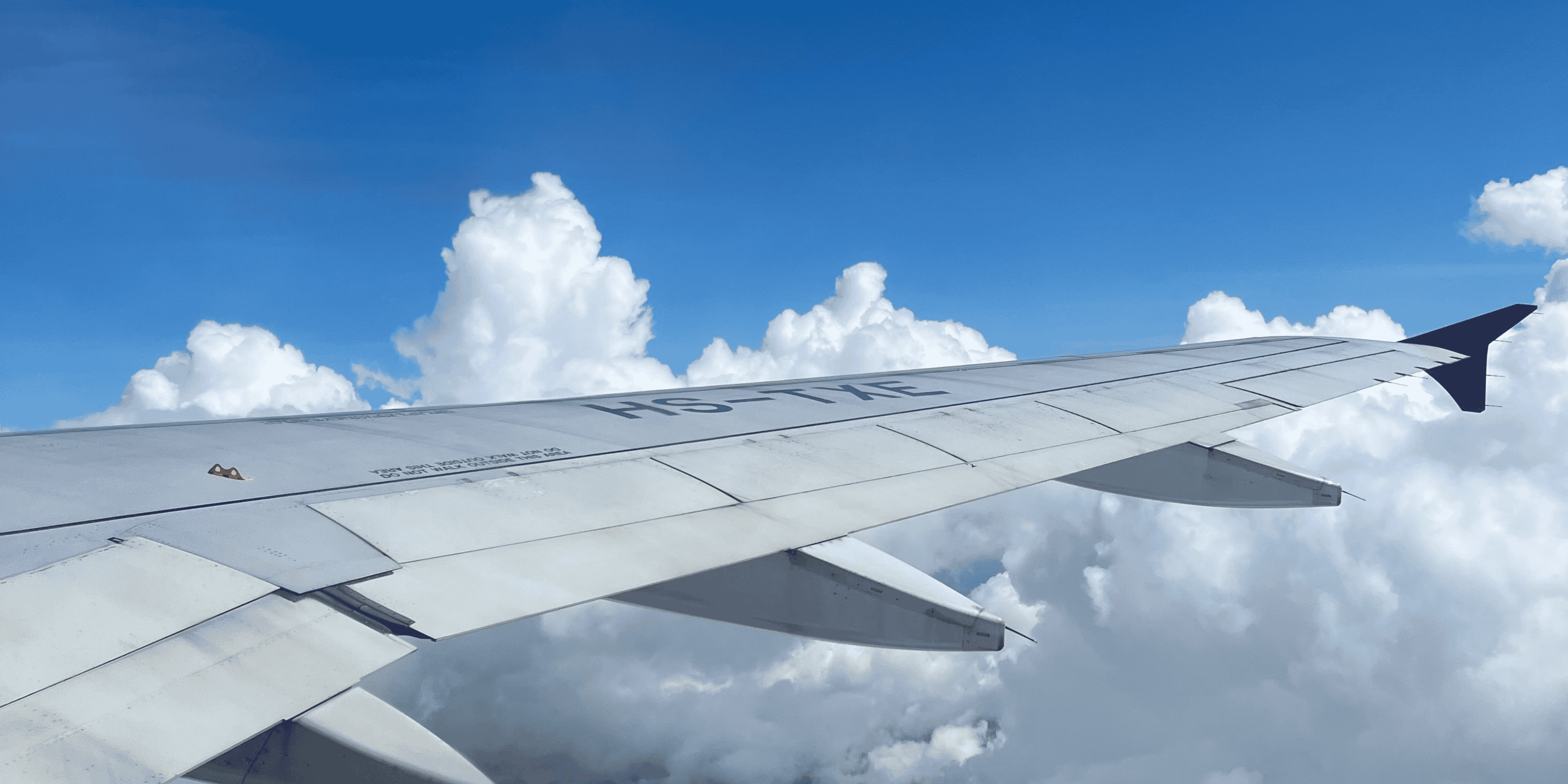5 tips for ethical travel
Learn how to make your travel adventures safe for children everywhere.
We all have our ways to keep our own children safe while we travel, but how can we be sure we’re engaging in ethical travel that won’t bring harm to other children?
Here are 5 tips to help you be mindful of children’s rights around the world while you’re enjoying your trip!
Let’s all remember that children are not tourist attractions. We wouldn’t like it if strangers took photos of our own children, and the same is true for the local children wherever you are visiting.
Sure, children are cute and we can feel as though an innocent photo to help us remember our holiday won’t do any harm, but it can. Firstly, by taking unsolicited photos, we are breaching boundaries and not respecting that child’s autonomy and right to privacy. Secondly, by sharing those photos on social media, we can never know whose hands they will end up in online.
If you are attending an ethical performance with children involved where photos are allowed, only ever use them in an ethical and respectful way online.
United Nations Convention on the Rights of the Child: Children have the right to privacy.
It can be really difficult to know what is and is not acceptable in countries that are not our own, but children’s rights are universal and it’s everyone’s responsibility to take action if something appears suspicious. This suspicious activity may include, but is not limited to:
The authorities you will need to contact will vary depending on your location and the situation, but child abuse and child trafficking is rampant across the world, and your action could save a life.
United Nations Convention on the Rights of the Child: Children have the right to be protected from being abducted or sold.
This one sounds counterintuitive, especially if the children are hungry or neglected. The problem with giving to child beggars is that it is usually their parents or other adults who have taken over their ‘care’ who are using the sympathy of travellers to gain donations. By engaging, we are perpetuating the cycle of neglect and potential abuse that keeps those children on the street. In addition, the children are unlikely to benefit from the donations given, as they go directly to those handling them.
In many places around the world, children can also be intentionally disfigured to elicit more sympathy, and it is important that we are not complicit in reinforcing this form of child abuse.
United Nations Convention on the Rights of the Child: Children have the right to an environment that meets their physical and mental needs.
Even with pure intentions, playing with or touching children who are unknown to us breaches boundaries and increases risk around those children.
We teach our own children bodily autonomy and personal boundaries, and we need to be just as mindful when interacting with other children. Remember point 1, where we talk about children not being tourist attractions – they are also not there for our amusement or entertainment.
United Nations Convention on the Rights of the Child: Children have the right relax, play, and enjoy leisure activities.
This one can be difficult because children in many countries help with family businesses, and can be involved in tasks that our own children would not.
However, be aware of children being used for exploitative labour, such as heavy manual labour, dangerous tasks, and military activities, or any other type of labour that impinges on their rights as children.
United Nations Convention on the Rights of the Child: Children have the right to be protected from work that might harm their health or education.
From those of us here at The Prepared Parent, we’d like to thank you for taking steps towards building a safer future for all of our children. It truly does take a village.
